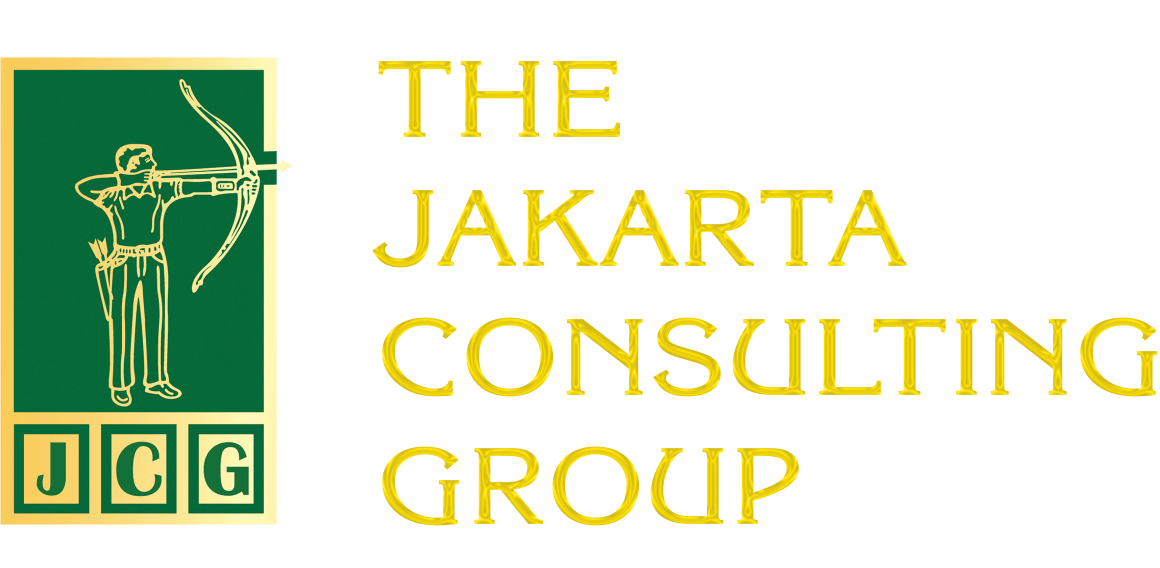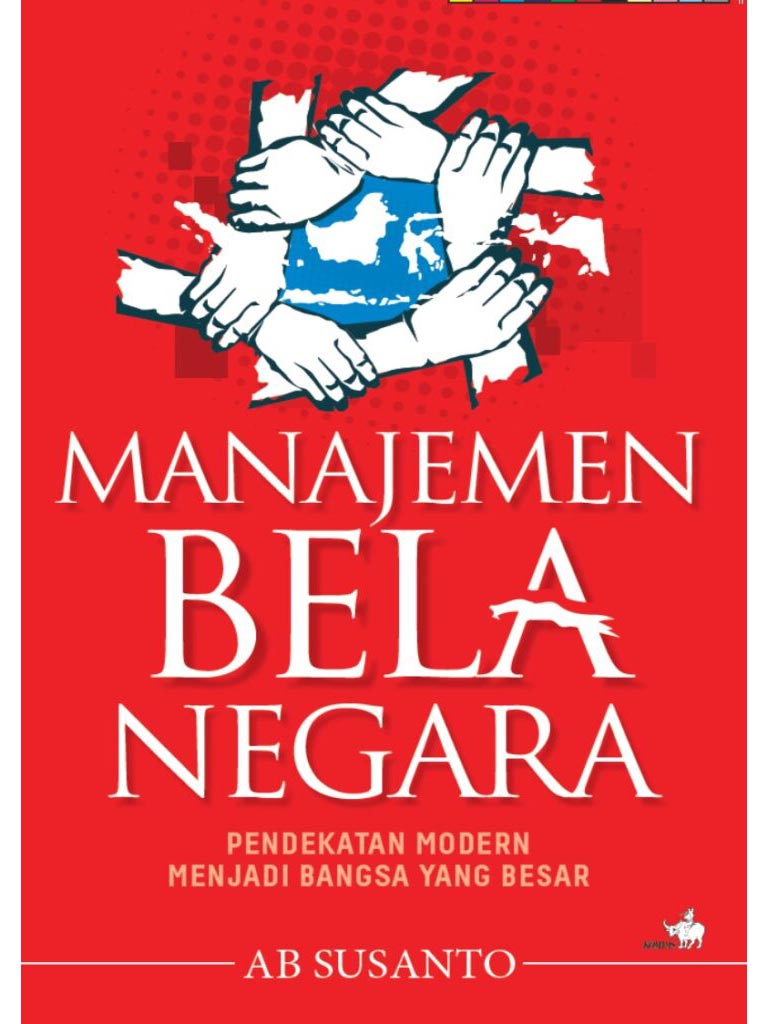So far, state defense has been synonymous with sovereignty and security. But this is not the case. Poor conditions in education, health, food security, energy security, and various other fields will greatly impact the difficulty of defending the country. This means that the spirit of state defense will not burn if conditions in various pieces are still low.
In addition, the challenges we face today have changed considerably, no longer focusing on sovereignty and physical security, although these two things should not be underestimated. Now, our nation faces various challenges, such as corruption, problems of harmony between citizens, problems with the quality of education, inequality, trade wars, unemployment, suboptimal economic growth, and health problems, especially with the Covid-19 pandemic.
All these challenges, if not addressed appropriately, will jeopardize the life of the nation and state. To overcome them, of course, we cannot use a physical security approach, but require relevant strategies. It requires the participation and participation of all citizens (not only TNI and Polri). This participation and participation must be based on the spirit of state defense.
In addition, state defense must be planned, strategized, and carried out within the framework of a long-term perspective. The ultimate goal is for our nation to become a great nation and truly respected by other nations.
This book reviews “State Defense Management” from a broader and deeper perspective (not just related to sovereignty and security), starting from the concept of state defense (to equalize perceptions), state defense actors (not just members of the TNI and Polri), and various impacts of state defense. Presented in a light language, accompanied by actual illustrations, both from Indonesia and other countries, which aim to facilitate understanding for all levels of society. This book can be an inspiration for us to start doing state defense activities according to our respective capacities.





